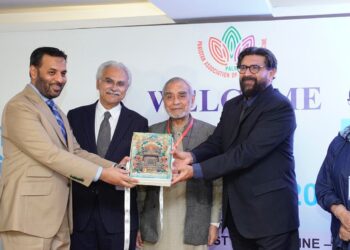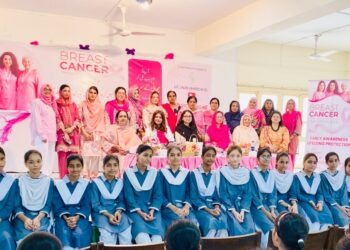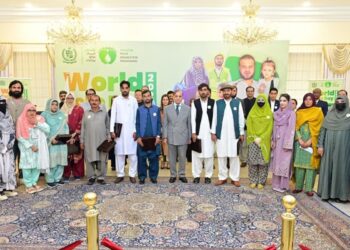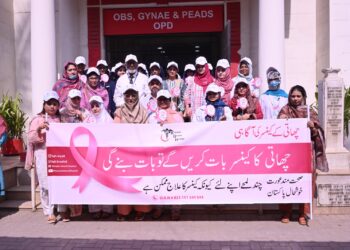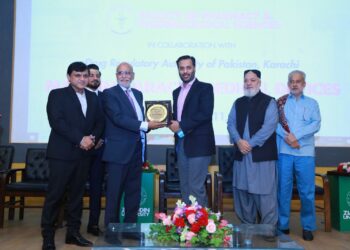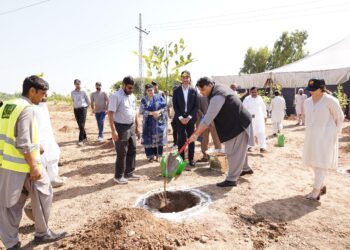Staff Reporter
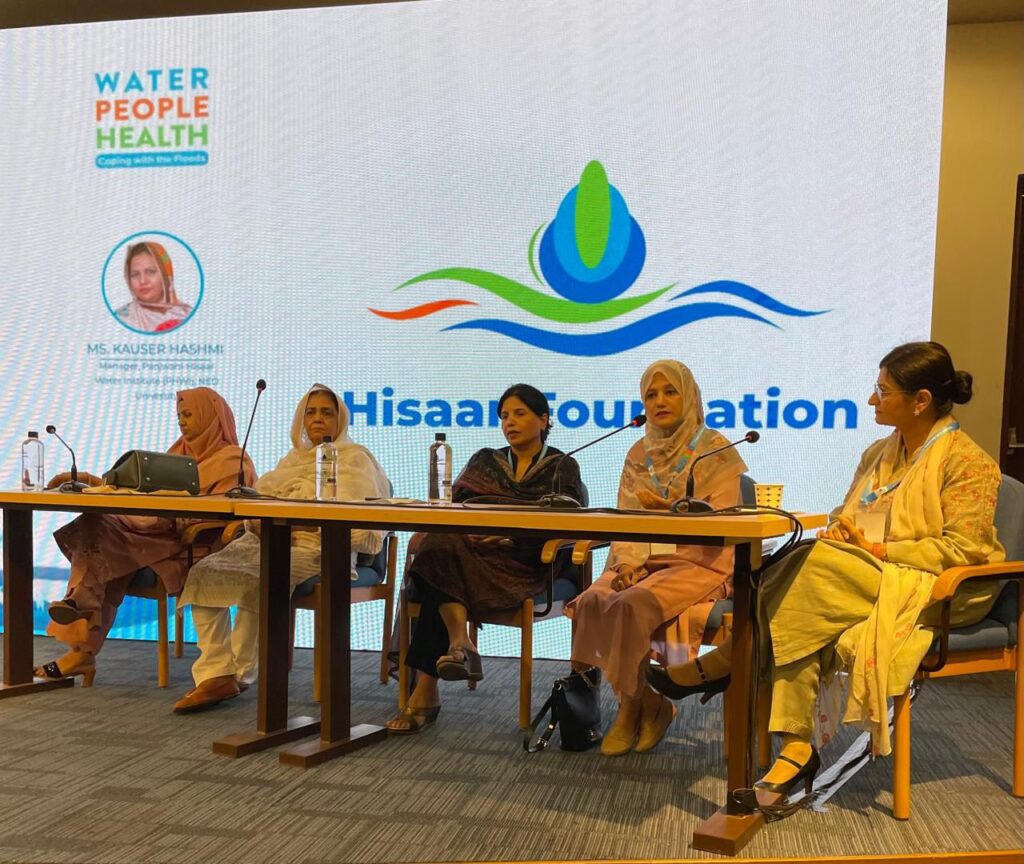
Karachi: The two-day 7th Karachi International Water Conference concluded on a high note on Tuesday, with experts, policymakers, and civil society leaders calling for collaborative and sustainable solutions to Pakistan’s mounting water challenges.
Organized by the Hisaar Foundation, the final day featured a series of in-depth sessions under three thematic streams — Water for People, Water and Health, and Water Justice — exploring urban drainage, flood resilience, sanitation, and the socio-economic dimensions of water governance.
The day began with a session on “Urban Drainage and Floods”, chaired by Dr Sarosh Lodhi and moderated by Dr Noman Ahmed, where panelists Umer Karim, Seema Taher Khan, Alia Shahid, Nazeer Essani, and Fahimuzzaman Siddiqui discussed strategies to strengthen urban infrastructure against climate-induced flooding.
Under Water and Health, a concurrent panel on “Child Stunting: Why Is It Not Addressed?”—chaired by Dr Qaisar Sajjad and moderated by Dr Yasmeen Sabeeh Qazi—featured leading experts including Dr Zulfiqar Bhutta and Dr Fauzia Waqar, who emphasized the need for integrated policies linking water, nutrition, and sanitation.
In the Water Justice stream, Rafay Alam moderated a discussion titled “Living on the Edge with Floods: Economic and Social Impacts”, joined by Simi Kamal, Dr Lubna Ghazal, Dr Shehla Batool, Riaz Wagan, and Farrukh Ahmad, who underscored how vulnerable communities disproportionately bear the cost of recurring floods.
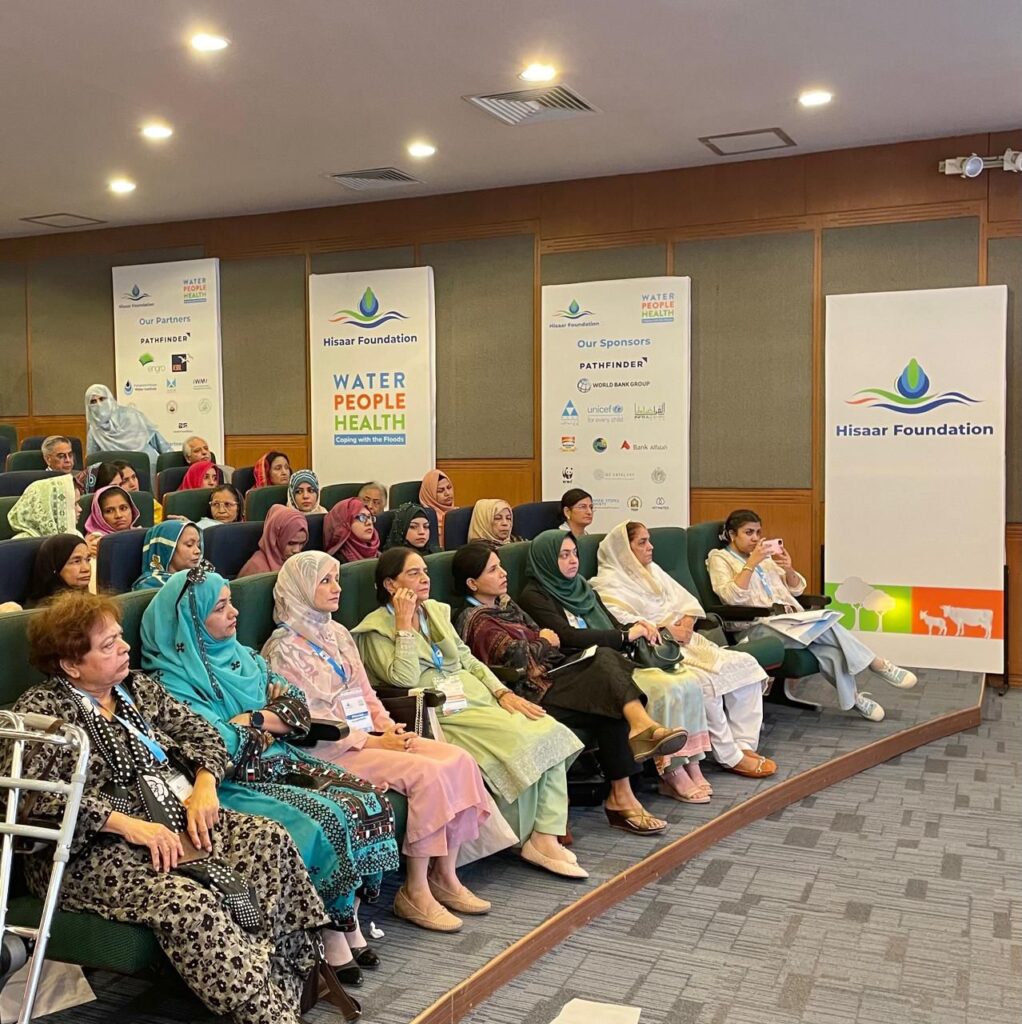
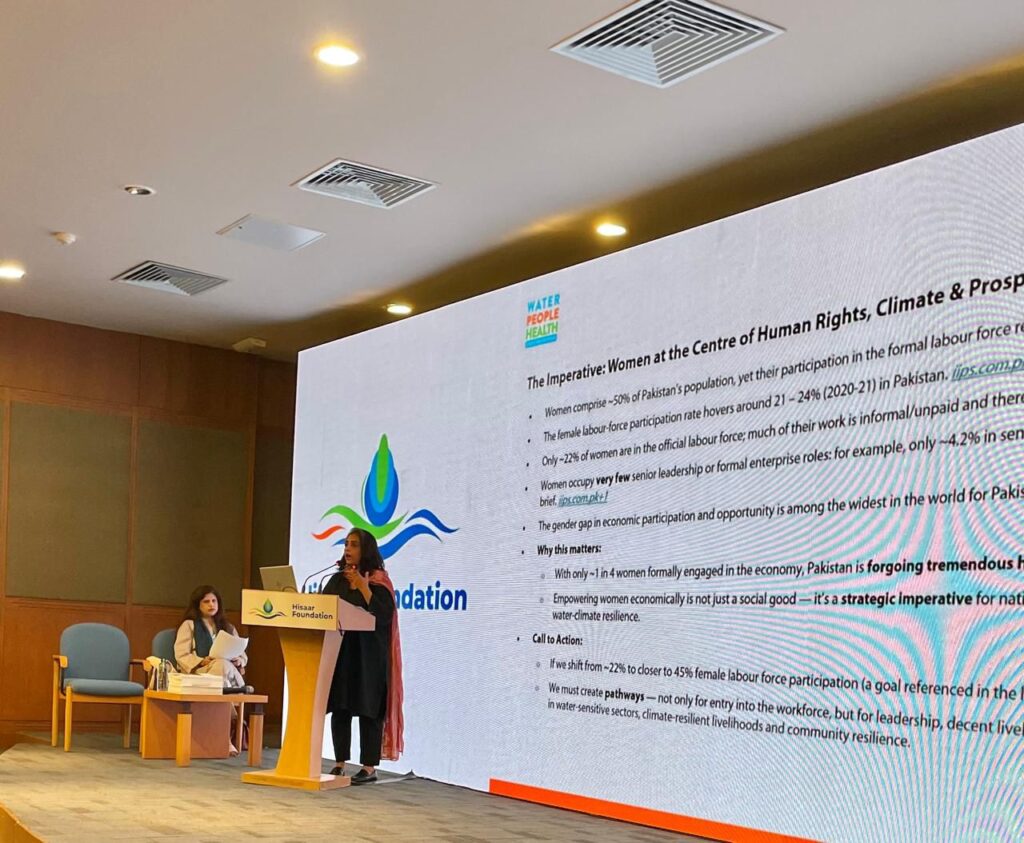
One of the highlights of the day was the “Café of the Unheard”, Hisaar Foundation’s signature interactive dialogue platform. Co-moderated by Simi Kamal and Talha Jatoi, it brought together young professionals and experts for open discussions on environmental justice, technology, and water governance, generating actionable recommendations compiled by roundtable rapporteurs.
Later sessions included “Putting People First – Indigenous Water Wisdom,” chaired by Dr Akissa Bahri and moderated by Sanaa Zulfikar Causer, where panelists highlighted traditional water management systems and community-led conservation. Another panel under Water and Health—“Sanitation: The Forgotten Part of WASH”—stressed that sanitation must be treated as a core element of the national water policy.
A women-led session, “Water for Human Rights and Prosperity – Building Women’s Leadership,” chaired by Madiha Latif and moderated by Muneezeh Saeed Khan and Shabina Ayaz, showcased female experts and practitioners leading water initiatives at community and institutional levels.
The closing plenary, moderated by Sanaa Zulfikar Causer, featured Tofiq Pasha Mooraj, Shabina Ayaz, Aijaz ul Haq, and Dr Muhammad Tufail, who called for innovation-driven partnerships and grassroots institutionalization.
An MoU was signed between the Panjwani Hisaar Water Institute and the University of Southern Punjab, marking a milestone in academic collaboration for water research. The Living Charter for Water and People, presented online by Simi Kamal, outlined a roadmap for equitable access, resilience, and accountability in water governance.
Concluding the conference, Dr Akissa Bahri and Ashraf Kapadia lauded the participants for their commitment and contributions, stating that the conference had not only spotlighted Pakistan’s water crisis but also cultivated a strong sense of shared responsibility and action.

